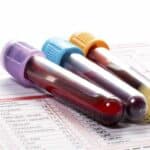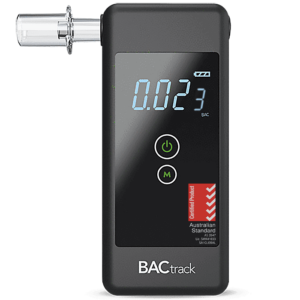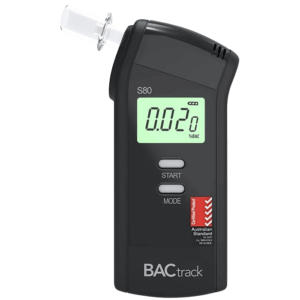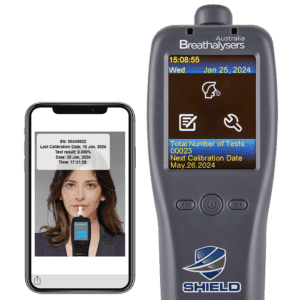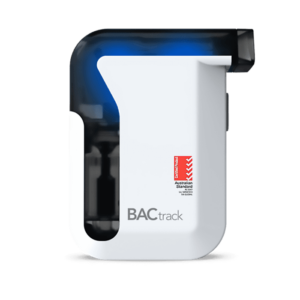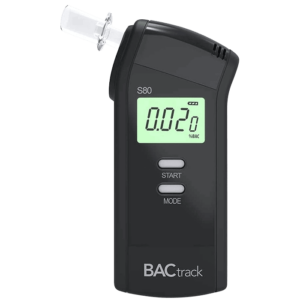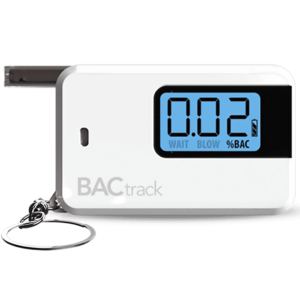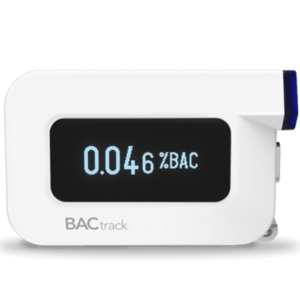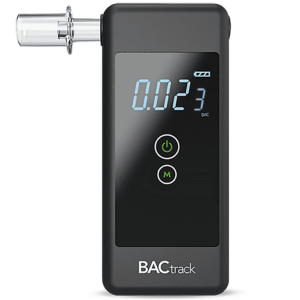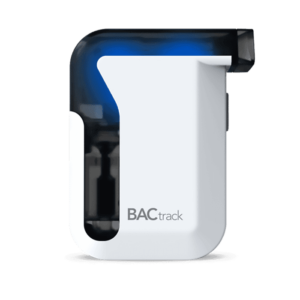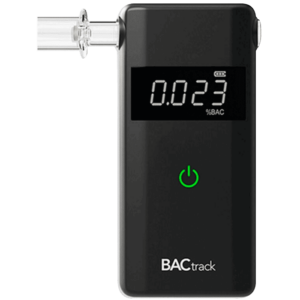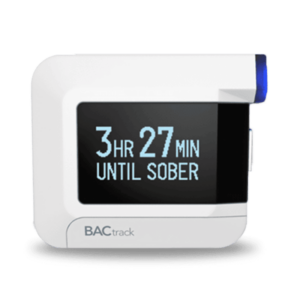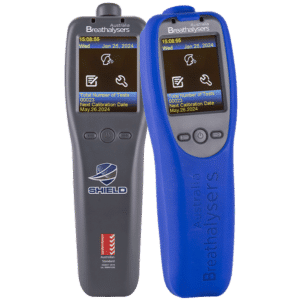Detecting Alcohol in Blood Test: Is It Accurate?
20 October, 2023
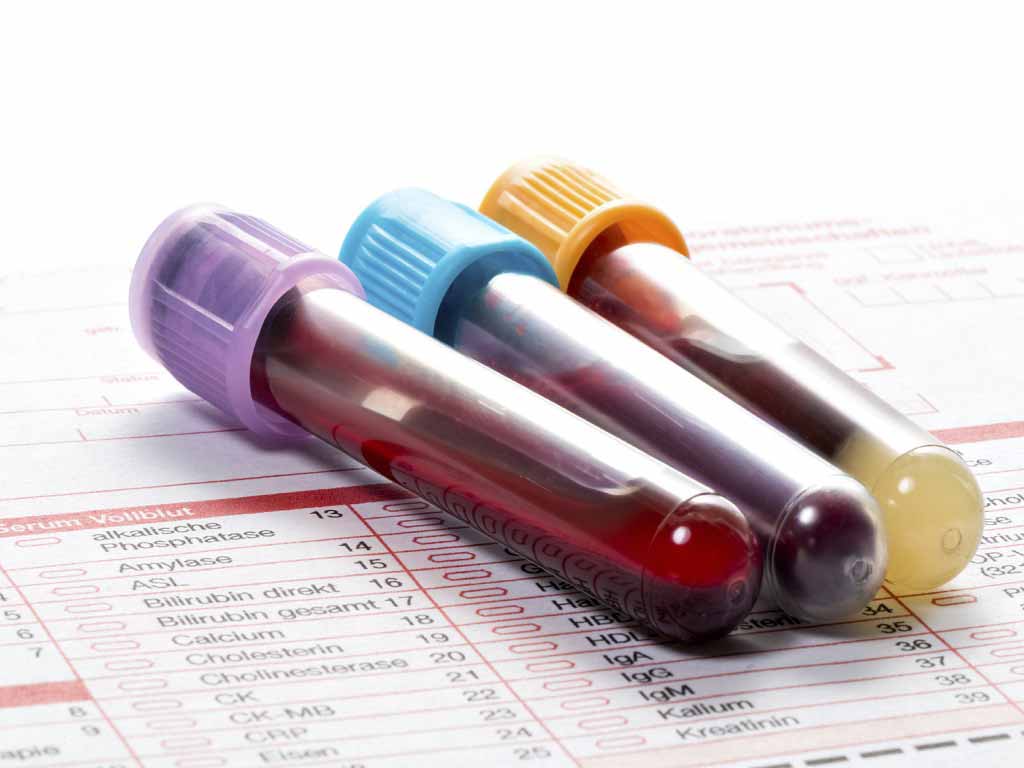
Alcohol consumption has serious consequences on health and well-being. It can result in driving under the influence (DUI) of alcohol cases and job loss. Testing, especially blood testing, is necessary for authorities to determine appropriate measures. Also, taking a test is beneficial in monitoring alcohol intake during recovery. Whether it is for personal reasons or legal purposes, thoroughly detecting alcohol in blood tests is crucial. These tests are highly accurate and trustworthy. Thus, many people rely on them.
The reliability of these tests can have significant implications on the lives of individuals and legal outcomes. Positive alcohol use can incriminate someone for alcohol-related offences. Understanding the factors that can influence the precision of blood tests is essential for ensuring fair results. In this article, they can explore the accuracy of alcohol detection in a blood test, as well as shed light on the different types of blood testing and the legality surrounding it.
Accuracy of Detecting Alcohol in Blood Tests
Detecting alcohol in blood tests is an important tool for assessing alcohol use disorders and levels of alcohol in the body. Blood tests, specifically Blood Alcohol Concentration (BAC) tests, offer a direct biomarker of alcohol consumption. When a person consumes alcoholic beverages, the liver metabolises ethanol. Moreover, the alcohol transforms into various byproducts, including ethyl glucuronide (EtG) and ethyl sulphate (EtS).
Accuracy in alcohol blood tests is crucial for healthcare professionals in diagnosing alcohol-related conditions. It evaluates liver function and assesses the impact of alcohol consumption on overall health. By analysing blood samples, they can obtain an accurate picture of the drinking habits of a person. Additionally, they can identify any potential health risks.
Blood tests can help in detecting liver damage caused by chronic alcohol abuse. These provide valuable information for treatment planning and interventions. When it comes to law enforcement, officers may require a blood test if people have exceeded the legal limits for driving. These tests are highly accurate and can help enforce strict penalties for DUI cases. However, it is important to note that false positives can occur due to various factors.
Common Factors that may Influence the Result
Several factors affect the result of blood alcohol tests. Here are some of them:
- Rate of alcohol metabolism – This can vary among individuals. Hence, it influences the outcome.
- Time of collection – BAC can vary depending on when the blood sample is collected. It usually peaks within one to two hours after alcohol consumption.
- Gender – Women tend to have a lower tolerance for alcohol and may have higher BAC levels compared to men after consuming the same amount of alcohol.
- Certain foods – Eating foods that can contain small amounts of alcohol, like very ripe bananas, may affect blood test results.

Detecting Alcohol in Blood Tests with Different Types
One common method of detecting alcohol in blood tests is through carbohydrate-deficient transferrin (CDT). It is based on the fact that chronic heavy drinking increases the amount of transferrin in the bloodstream which lacks carbohydrates. This measures a modified form of transferrin, which professionals can identify up to six weeks after a drinking episode.
To add, there is phosphatidyl ethanol (PEth). It utilises a highly sensitive technique to detect any presence of alcohol in the blood. This test is different from traditional testing. It uses the phospholipid molecule to measure the level of ethanol. This means it can detect much lower blood alcohol levels. Thus, it is useful in detecting any blood alcohol content that may have been missed by other methods.
Another type of testing is gamma-glutamyl transferase (GGT). It is used to identify any alcohol-induced liver damage. This can help in identifying someone who has been drinking heavily for a long period. GGT testing is also beneficial in determining the amount of time since the last drinking episode of people. Plus, it can detect alcohol in the blood up to four days after drinking.
Preparations Before Taking a Test
Before taking a blood test to detect alcohol, there are a few preparations that people need to make. It is important to disclose any medications or supplements they are currently taking to the healthcare provider. Certain medications, like antibiotics, can affect the outcome. Thus, they must provide a complete list to ensure an accurate assessment of alcohol use.
Additionally, it is recommended to refrain from consuming any alcoholic drinks before the test. Alcohol can remain in the blood for several hours. Its presence can affect the test results. It is advisable to avoid drinking alcohol for at least 24 hours beforehand.

Legality of Detecting Alcohol in Blood Tests
Healthcare professionals and law enforcement rely on blood testing. This is to get an accurate picture of alcohol consumption, which is essential for assessing intoxication levels or identifying chronic alcohol abuse. The legality of detecting alcohol in blood tests is an important aspect to consider. Healthcare settings, such as hospitals or clinics, assess alcohol-related conditions, monitor liver function, or conduct medical examinations.
However, the use of blood tests can also extend to legal contexts, especially in cases involving intoxicated driving or suspicion of alcohol-related offences. In these instances, police stations or authorized facilities often conduct the test to gather evidence and determine the BAC for legal purposes.
It is worth noting that blood tests must be conducted following standardised procedures to ensure accuracy and reliability. These tests typically involve collecting a sample of blood from the individual. Afterwards, they are analysed for the presence of alcohol biomarkers. Effective sample collection, transportation, and analysis are crucial for producing valid and admissible results in legal proceedings.
What to Expect After a Positive Result
If the blood alcohol testing yields a positive result, it can have implications depending on the context. In a healthcare setting, a positive result may indicate heavy alcohol consumption or alcohol use disorders. This leads to further assessments for diseases.
In a legal context, a positive result can be used as evidence in cases involving drink driving or other alcohol-related offences. The results can be crucial in determining the BAC of a person at the time of the incident. Authorities can use it to support legal actions, such as license suspension, fines, or criminal charges. This depends on the severity of the offence and laws.
Conclusion
Detecting alcohol in blood tests is crucial. It is a reliable method for detecting alcohol in the bloodstream and assessing alcohol use disorders. They provide an objective measurement of alcohol consumption. It helps healthcare professionals and law enforcement make informed decisions regarding treatment, driving privileges, and public safety. With advancements in technology and the understanding of alcohol biomarkers, blood tests continue to play a vital role in the accurate assessment of alcohol use and its impact on health and well-being.
Despite its trustworthiness, a blood test can produce false positive or negative results. This is because each person metabolises alcohol differently. The accuracy of a blood test may depend on factors such as the amount of time elapsed since alcohol consumption. Additionally, some medications can interfere with the accuracy of blood tests. When labs obtain false results, additional testing is often necessary. Therefore, it is important to be aware of these limitations when undergoing a test.

















